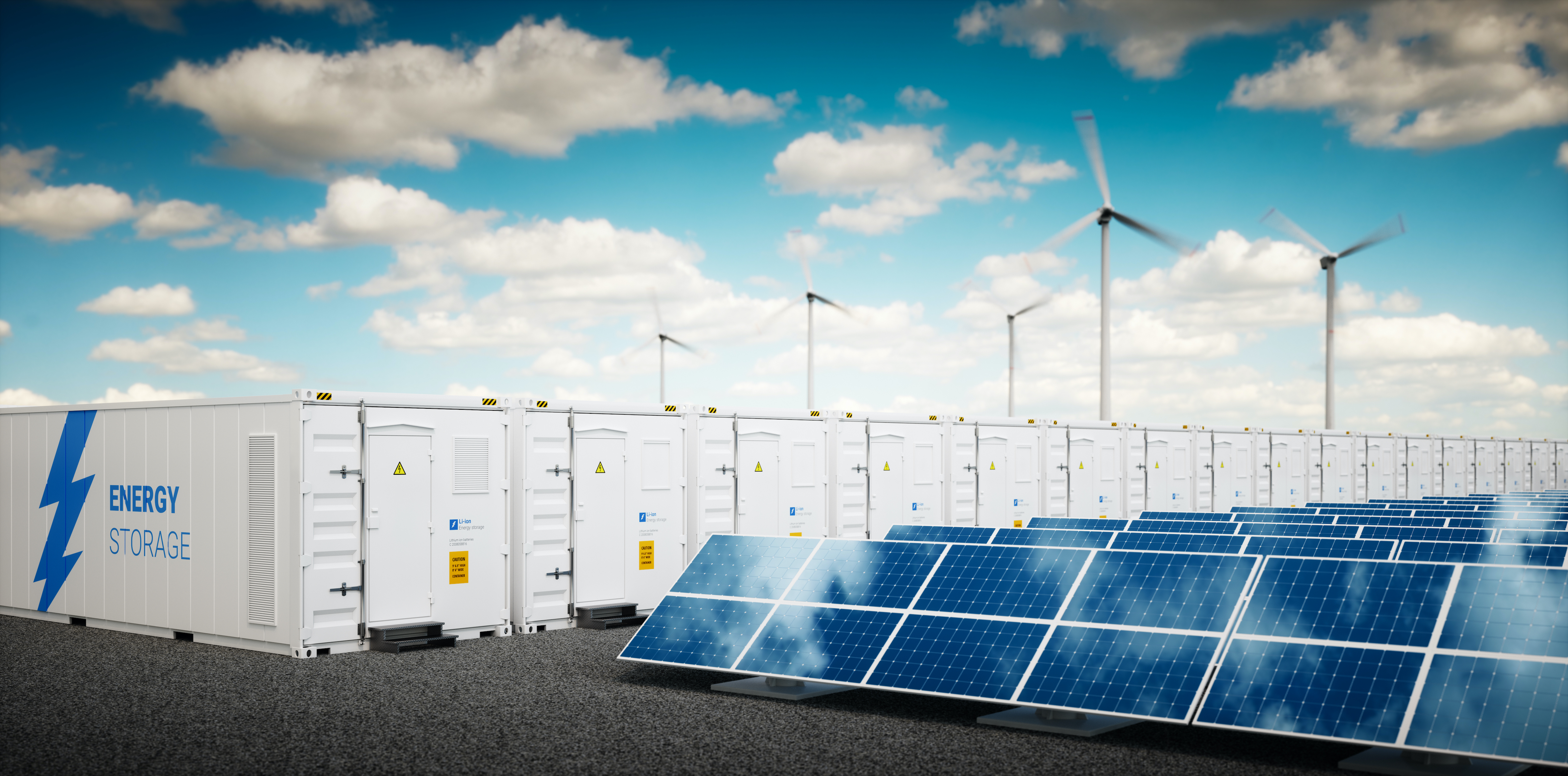Review of foreign ownership rule in RE projects urged
- September 8, 2021
- 0

A global management consulting firm urged the government to review its foreign ownership rule in renewable energy (RE) projects, as well as look into offering end-to-end deals to encourage more investments in the sector.
Based on a report from The Philippine Star, McKinsey & Company SVP and associate partner Jonathan Canto said that getting sufficient foreign capital into the country would help boost RE efforts in the country.
He pointed out that there are no particular foreign ownership limits for RE projects in the Asia-Pacific region, adding that an equity share limit for ownership is clearly a driver of investment.
The Department of Energy (DOE), in October last year, allowed fuel foreign ownership in large-scale geothermal projects, or those with a minimum investment cost of $50 million and under the financial and technical assistance agreements as provided by the Constitution.
Before that, the DOE also allowed 100% foreign ownership in biomass energy projects in 2019.
Earlier this month, Energy Usec. Felix William Fuentebella said the National Renewable Energy Board relaxed foreign ownership in wind and solar projects. However, this may require legislation to allow higher foreign ownership in RE technologies.
Other than allowing higher foreign ownership, Canto said the government could provide specific incentives that are not only financial in nature, but also can help reduce risks for RE developers, similar to India’s and Cambodia’s solar parks. Such incentives, he noted, reduces the projects’ risks and allows foreign investors to bid on them.
In India particularly, government-owned firms set up the solar parks.
Hybrid power projects can likewise be incentivized to support clean and sustainable energy development.
The government aims for RE to comprise 35% of the country’s power supply by 2030 and a higher percentage come 2040. To achieve this, a total of 44,761 megawatts (MW) of added RE capacity would have to be installed.
Under the National Renewable Energy Program 2020-2040, the DOE targets RE installations of around 34,000MW nationwide by 2040.